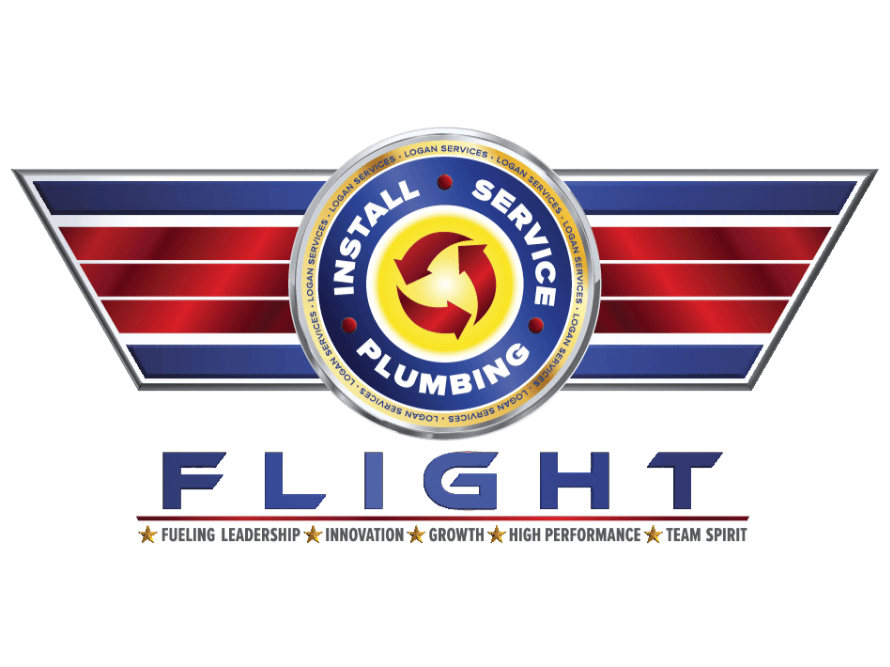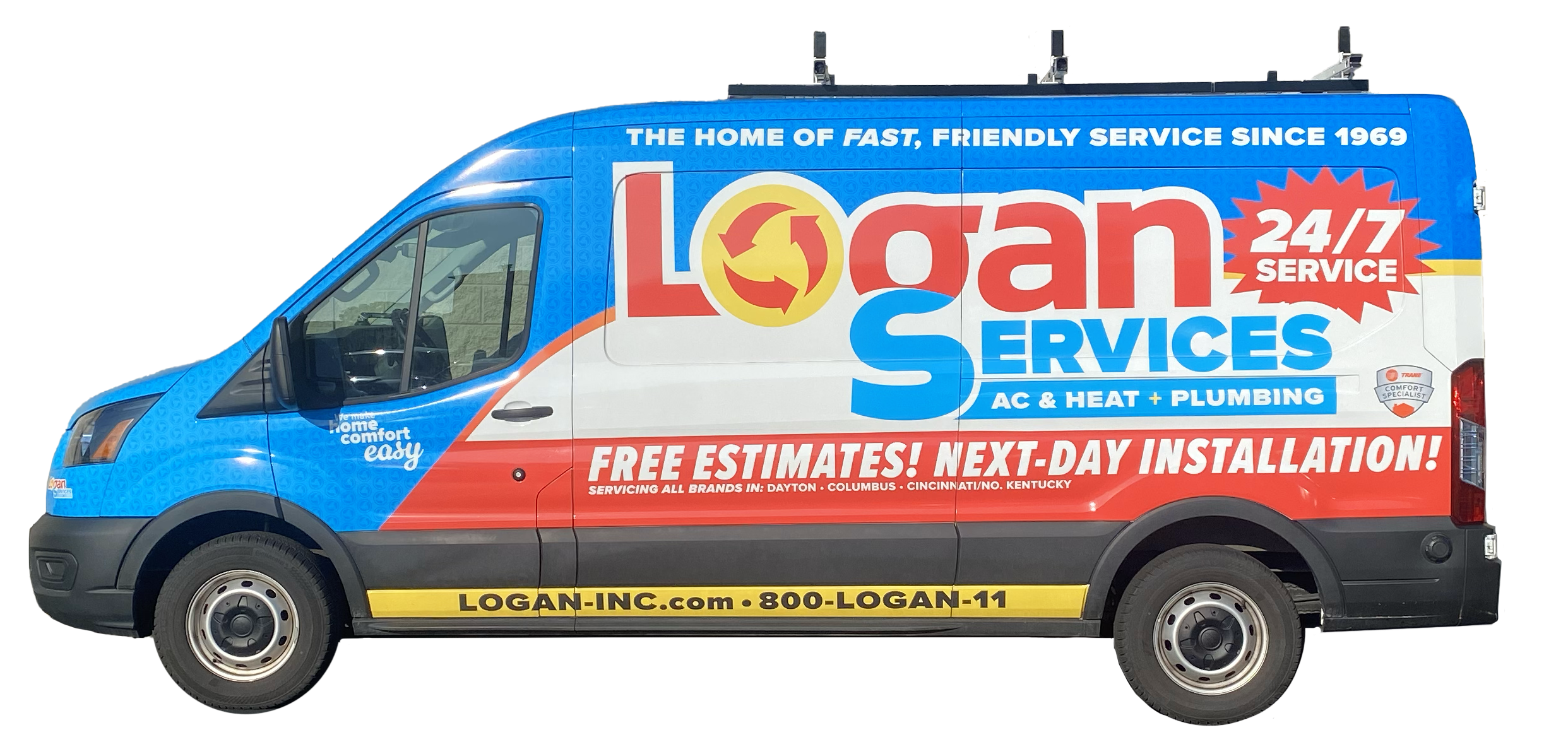Logan Services is proud to celebrate the achievements of Brendan, Austyn, and Mike, who have completed and graduated from our rigorous Installation Apprenticeship Program, advancing into the role of Lead Installers. This milestone reflects their dedication to learning, teamwork, and delivering quality installations that keep our customers comfortable.
If you’re considering a new HVAC system, now’s the perfect time to experience the care and expertise of our newly promoted Lead Installers—schedule your free estimate today.


“Watching Mike, Brendan, and Austyn grow through the apprenticeship program has been one of the most rewarding parts of my job. Mike brings wisdom and foresight to every project, always thinking several steps ahead—a true example of Excellence and Radical Ownership. Brendan’s drive and focus make him unstoppable—he’s determined to be our next Installer of the Year while putting People First through every customer experience. And Austyn’s positivity and willingness to take on any challenge with a smile embody Teamwork and an Agile mindset. Each of them represents the best of what our program stands for—Fueling Leadership, Innovation, Growth, High performance, and Team spirit.”
– Andrea, Apprenticeship & Development Manager
About the Installation Apprenticeship Program
Our Installer Apprenticeship Program provides hands-on training and mentor support, designed to move motivated individuals into lead-installer roles in 12 to 16 months.
Participants progress through three phases:
Throughout the program, graduates gain technical skills in installation, ductwork, wiring, customer interaction, diagnostics, and job management.
Meet Our New Lead Installers

Brendan – Columbus Installations

Austyn – Columbus Installations

Mike – Dayton Installations
“My experience in the Logan Flight Apprenticeship Program was a journey. When approached about joining the program, while excited, there was a little part of me that was doubtful and unconfident. However, I knew that this was a great opportunity for me to further my knowledge in the HVAC field and a challenge for me to push myself beyond the standard. At the beginning of my training, it was a lot different. I was paired with a lead trainer who was with Logan for a while, who made it comfortable for me. As time went on, the trainers Anthony, Tyler, and later Kyle were very helpful in making the job/work understandable by being patient, extending help when needed, and really making sure why we do what we do. Andrea, the boss of the program, was super awesome. She was very helpful and very communicative, and always checking in.
My words of wisdom for future apprentices are to stay focused, stick through it because in the end it will all be worth it, I promise!“
– Austyn, Lead Installer
Local Installers Serving Local Homeowners
When you schedule a system installation with Logan Services, you can count on working with highly trained professionals like Brendan, Austyn, and Mike. Their expertise ensures your HVAC system is installed correctly, efficiently, and with care—so your home stays comfortable and energy‑efficient year‑round. This investment in skilled leadership means faster, smoother installations and lasting performance for homeowners across Dayton, Columbus, and Cincinnati.
The Role of Lead Installer Includes:
- Overseeing installation jobs from start to finish
- Mentoring newer apprentices and assistants
- Interfacing directly with customers during installations
- Ensuring adherence to safety, quality, and efficiency standards
What Our Customers Say About Our New Lead Installers
Our installers earn consistently high satisfaction ratings for professionalism, communication, and workmanship. Homeowners often highlight the respectful service, attention to detail, and cleanliness of our installation teams.
Here’s what recent customers have shared about this round of apprenticeship graduates:
“Very pleased with the installation by Austyn and Victor. They were extremely professional, personable, helpful, and thorough. They took the time to make sure that I understood the process and paid particular attention to safety. I highly recommend them as they are fine representatives of a fine company!”
– Frank from Powell, OH
“Absolutely delighted with the service from Logan Services. Brendan and Alex, the HVAC technicians, exhibited unparalleled kindness and professionalism. Their expertise in the field truly stood out, showcasing their mastery of the job. I’m thoroughly impressed with their skill and the overall service provided. Highly recommend their services for anyone in need of reliable HVAC solutions.”
– Carly from Reynoldsburg, OH
“Our new HVAC system was installed by Mike, Dillon, and Trent. I was so impressed by their professionalism and ability to work on multiple projects while helping each other as needed. They have obviously been trained very well and are genuinely concerned about doing the job right the first time. We will definitely be using Logan Services in the future for other needs around our home.”
– Mindy from Brookville, OH
Our Commitment to the Communities We Serve
Logan Services takes pride in investing in the local workforce by providing paid training and mentorship opportunities for individuals throughout Dayton, Columbus, and Cincinnati. Through our apprenticeship program, we’re not only growing skilled leaders within our company but also creating meaningful career paths that strengthen the communities we serve. This investment ensures that local homeowners benefit from reliable service delivered by technicians who live and work in their neighborhoods.
Join the Next Class of HVAC Installer Apprentices
Our Installation Apprenticeship Program remains open year-round for new candidates who are ready to build a career in HVAC installation with no prior experience required.
Apply now or contact our recruiting team to learn more.
Frequently Asked Questions About the Installer Apprenticeships
No prior experience is required. The program is designed for motivated individuals who are ready to learn and grow.
Most apprentices complete the program within 12 to 16 months, depending on experience and progress.
Training and job assignments are available in Dayton, Columbus, and Cincinnati, giving apprentices the opportunity to serve customers across our Ohio communities.
There’s no cost to apply or participate in the Installation Apprenticeship Program. It’s a paid training opportunity, meaning you’ll earn while you learn on the job.
Graduates are promoted to Lead Installer roles, where they oversee projects, mentor new apprentices, and continue developing advanced HVAC skills.
Applications are accepted year-round at logan-inc.com/installation-apprenticeship-program.







